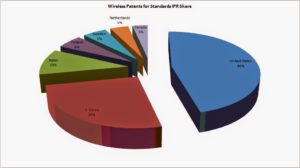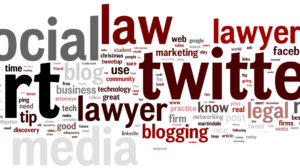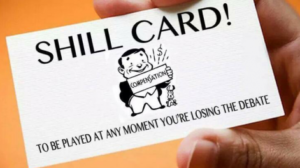There is still an inherent and unfortunately unresolved tension between U.S. law and the content-sharing functions that epitomize, social media today.
Still Crazy After All These Years (How Social Media Continues to Disrupt Internet Copyright Law)


There is still an inherent and unfortunately unresolved tension between U.S. law and the content-sharing functions that epitomize, social media today.

For retailers, over-leveraged balance sheets, immense debt service obligations and a failure to adapt to changing consumer preferences are clearly far more significant than anything Amazon has done.

The “retail apocalypse story” is false. The lesson from Christmas ‘17 is that Amazon is good for consumers, good for competition and, yes, good for traditional retailers. Leave it be.

The malleability of market boundaries and aggressive AI competition among online services should help rebut claims that not only Google, but Facebook and Amazon as well, are somehow illegal monopolies.

The hipster antitrust narrative about Internet “monopolies” runs headlong into the reality of fierce artificial intelligence competition among the largest tech companies in the emerging voice-controlled digital assistant space.

Comedy Central’s South Park has opened the door for “fair use” copyright defenses to shut down infringement lawsuits before they saddle defendants with discovery expenses or force a settlement for cost reasons.

Disruptive innovation is not new and not unique to high-tech. It’s been around for hundreds of years and serves as a key driver of both economic growth and social evolution.

With reality television all the rage, viewers may wonder why there’s been no reality series about the inbred high-tech ecosystem of Silicon Valley. There should be, because the reality of how our technology bastion really competes today — namely by patent litigation and acquisitions — is astonishing.

Not quite as interesting as the worst-dressed actress and best cinema films lists we’ll see over the next few days, but (perhaps) a bit more relevant to our daily activities on social networks and the real-time Web.

I do not represent Google. My law firm does not represent Google. Google is not paying me. So Gary Reback, Jeff Chester, John Simpson and others, get your facts straight.